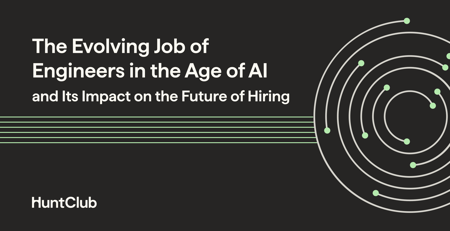- Executive Search
- Professional Search
- For Candidates
-
More Topics
- Business Insights
- Consumer
- DEIB
- Early Stage
- Engineering
- Enterprise
- Events
- Expert Community
- Featured Topics
- Finance
- Fintech
- Funding
- Growth Stage
- Healthcare/Health Tech
- Hunt Club News
- Interviewing
- Job Descriptions
- Marketing
- Martech
- Network Recruiting
- Operations
- Partner Stories
- People
- Podcast
- Press Release
- Private Equity
- Product
- Professional Development
- Recruitment
- SaaS
- Sales
- Talent Relationship Management
- Technology
- Venture Capital
- Video
- Work Culture
-
Topics
- Business Insights
- Consumer
- DEIB
- Early Stage
- Engineering
- Enterprise
- Events
- Executive Search
- Expert Community
- Featured Topics
- Finance
- Fintech
- For Candidates
- Funding
- Growth Stage
- Healthcare/Health Tech
- Hunt Club News
- Interviewing
- Job Descriptions
- Marketing
- Martech
- Network Recruiting
- Operations
- Partner Stories
- People
- Podcast
- Press Release
- Private Equity
- Product
- Professional Development
- Professional Search
- Recruitment
- SaaS
- Sales
- Talent Relationship Management
- Technology
- Venture Capital
- Video
- Work Culture

















.png?width=450&height=250&name=infographic%20feat%20image%202%20(2).png)































